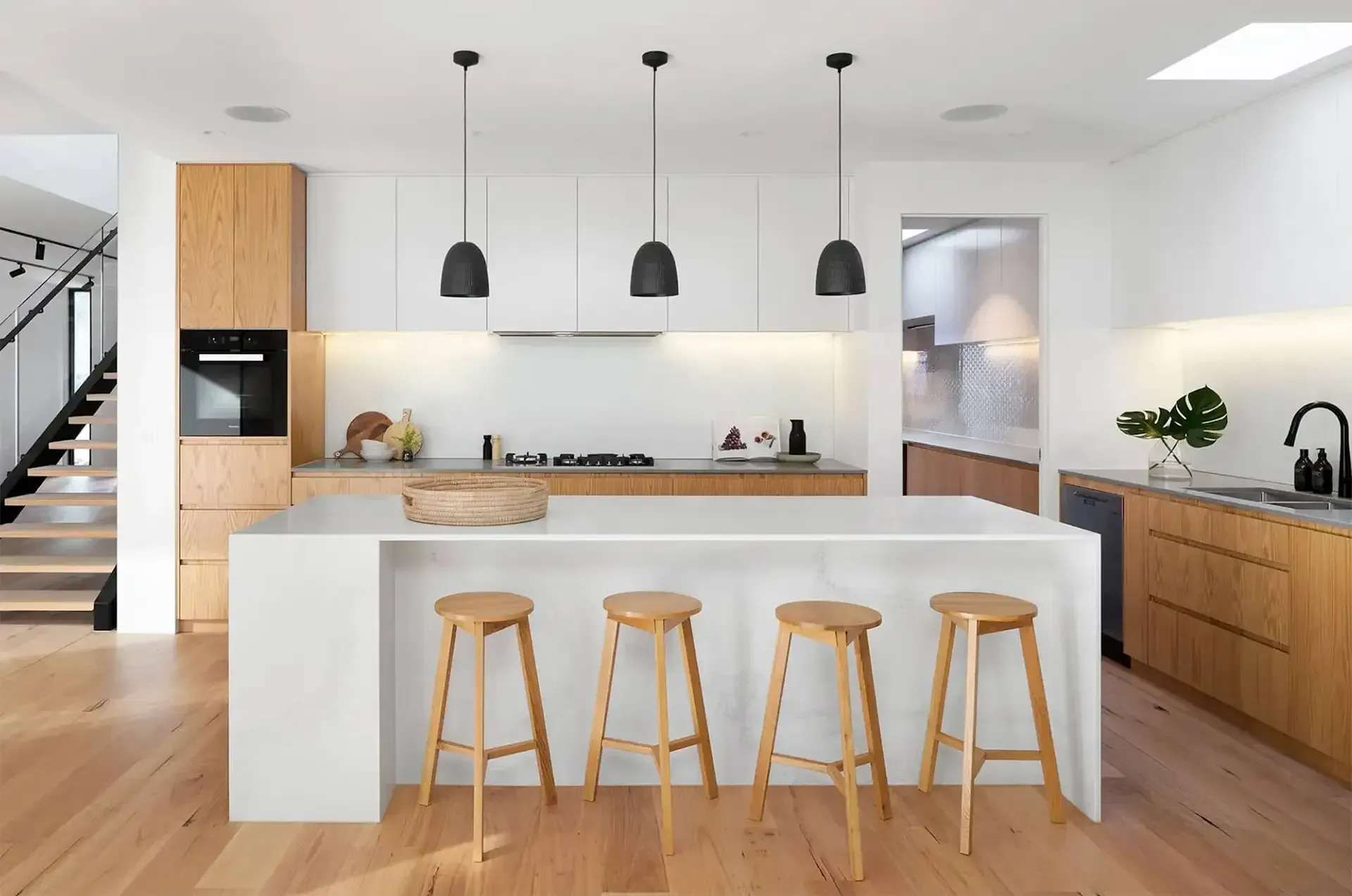Short Stay Levy- Victoria
The Victorian State Revenue Office (SRO) has introduced a 7.5% short stay levy on certain short-term accommodations in Victoria, effective 1 January 2025.
Key Details of the Short Stay Levy:
- Applicability: The levy applies to stays of less than 28 consecutive days in various accommodations, including:
- Entire homes or apartments.
- Private rooms in properties that are not the owner’s or renter’s principal place of residence.
- Separate dwellings like granny flats or tiny homes, even if located on the same land as the owner’s primary residence.
- Exemptions: The levy does not apply to:
- Properties that serve as the principal place of residence of the owner or renter. For instance, if you rent out your home while on vacation, the levy is not applicable.
- Accommodations such as hotels, motels, and similar establishments
- Calculation: The levy is 7.5% of the total booking fee, which includes charges like cleaning fees and Goods and Services Tax (GST). However, it excludes credit card surcharge fees.
- Responsibility for Payment:
- If bookings are made through a booking platform, the platform is responsible for registering, lodging, and paying the levy.
- For direct bookings (without a platform), the property owner or tenant must handle these responsibilities.
- Registration and Lodgement:
- Entities collecting $75,000 or more in annual booking fees must lodge and pay quarterly.
- Those collecting less than $75,000 annually are to lodge and pay annually.
- Registration should occur before the end of the first period in which the levy is applicable.
The primary objective of this levy is to encourage property owners to make more properties available for long-term rentals, thereby addressing housing shortages. The revenue generated is intended to support social and affordable housing initiatives.
Any questions?
Please reach out to the team at Mulcahy & Co Legal using the details found here if you have any questions about the contents of this blog post.

Latest News







